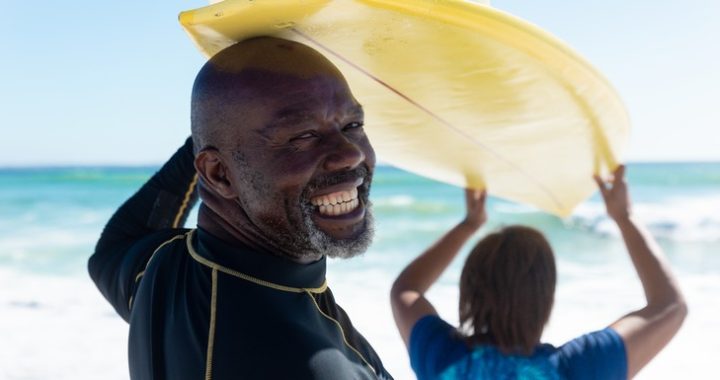There is a phase in our financial lives that is purely about accumulation. We work hard, we save, and we watch the numbers grow. We are taught that a bigger number equals a better life.
But there often comes a point where the goal of “more” stops bringing satisfaction and starts bringing anxiety.
We see this often. People spend decades building a fortress of security, only to find themselves trapped inside it. They worry about losing what they have built. They obsess over market dips. They treat their wealth like a static storehouse that must be guarded at all costs.
This is the trap of the accumulation mindset. It tells us that money is a scorecard to be maximised, rather than a resource to be utilised.
There is a healthier, more dynamic way to view wealth. It is the shift from being a “collector” to being a “custodian”; from storehouses to stewardship.
A collector focuses on gathering. A custodian focuses on care, direction, and purpose.
When we view our money through the lens of custodianship, we acknowledge a simple truth: we are, in the grand scheme of things, temporary managers of these resources. We don’t just own the money; we are responsible for what the money does.
While a storehouse is stagnant, a custodian ensures there is a consistent flow.
The storehouse mindset is often driven by fear. The fear of running out. The fear of the unknown, and this fear urges us to build higher walls and tighter locks.
The custodian mindset is driven by purpose. It asks a different set of questions. Instead of asking, “How much can I keep?”, it asks, “What is this helping me achieve?”
When you begin to answer that question, the grip of fear loosens. You realise that your wealth has three main jobs:
- To provide security for you and your family (the foundation).
- To provide joy and experiences in the present (the oxygen).
- To provide support for the people or causes you care about (the legacy).
Many people struggle to move from saving to spending, or from accumulating to giving. They are waiting for “someday”.
But meaningful financial planning isn’t just about ensuring you don’t run out of money in the future; it’s about ensuring you don’t run out of life in the present.
If your plan is just a storehouse, you may end up as the richest person in the graveyard. But if your plan is a tool for stewardship, you get to see the impact of your wealth while you are still here to enjoy it. You get to see your children buy their first home, or support a charity that changes lives, or take that trip that creates memories for a lifetime.
This doesn’t mean being reckless. It means being intentional.
It means realising that money is like water. If it is hoarded and stagnant, it becomes toxic. If it flows—directed by your values—it brings life to everything it touches.
So, take a look at what you have built. Are you guarding a storehouse, or are you managing a resource?
Remember, it’s about meaning, not money. Peace of mind comes not from the size of the pile, but from the clarity of the purpose.









